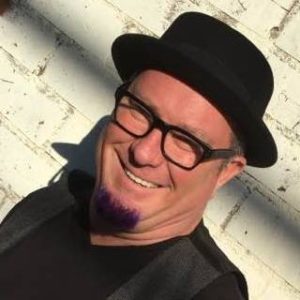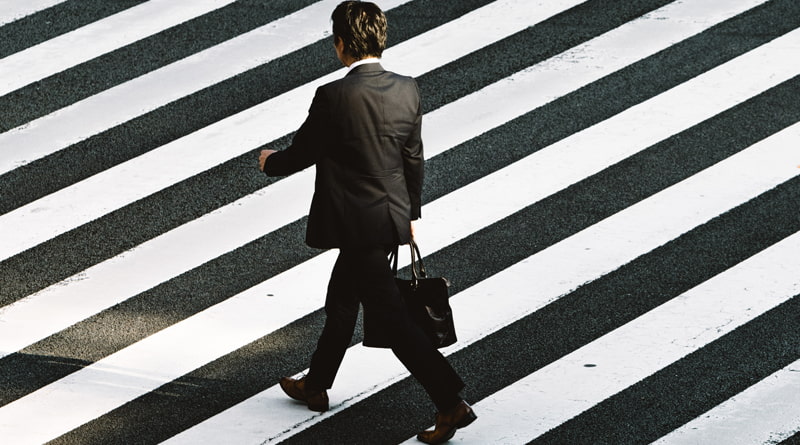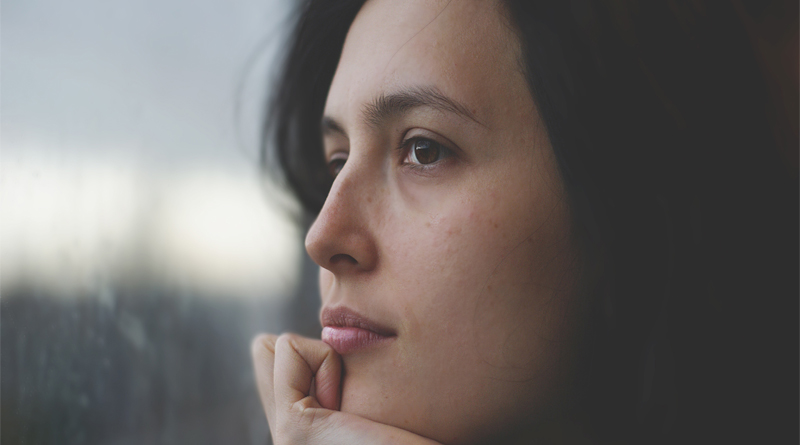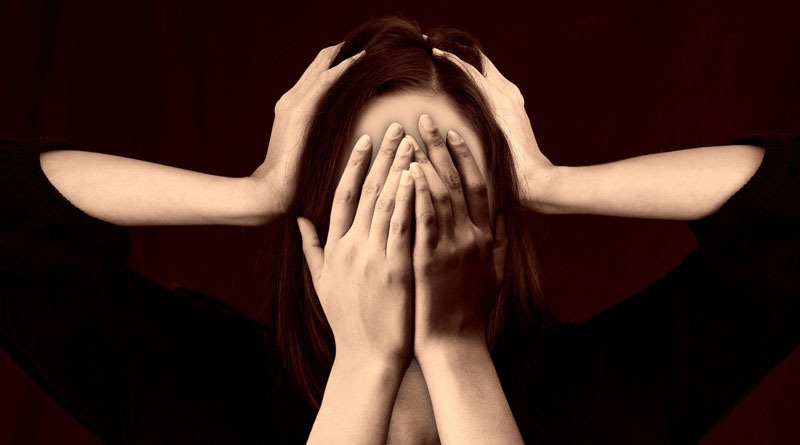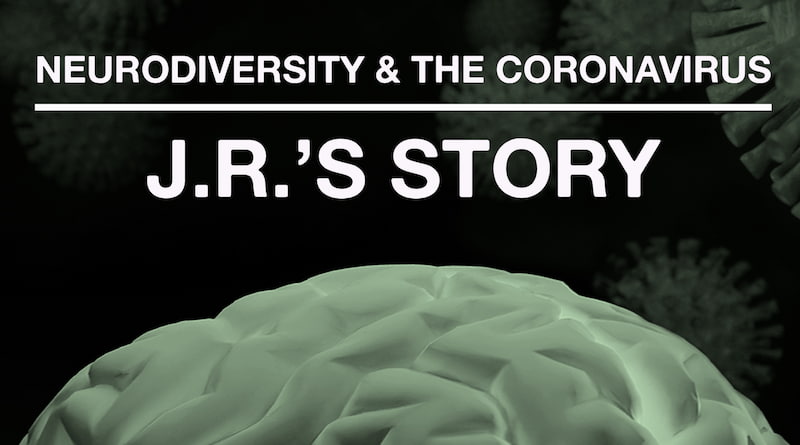
The Coronavirus Pandemic: JR’s Journey With Autism:
The Pandemic: JR’s Story:
About the Author:
J.R. Reed is an autism self-advocate who preaches Neurodiversity and does it all from a log cabin in the Missouri Ozarks. He blogs, speaks, and writes on a wide variety of topics affecting adults with developmental disabilities. He’s spoken to groups, companies and at the Missouri State Capitol. You can find out more about J.R., see some of his writing, and what he has in the works at www.notweirdjustautistic.com
Life Before The Pandemic:
Q: Describe your everyday life before the pandemic. Include social aspects, such as school, work extracurricular activities, or anything social, like spending time with friends or family.
A: As someone on the spectrum with social anxiety, I stayed home a lot and rarely socialized. I have one friend I do some things with, but not much else outside of the house. I did go to my local comic bookstore on Friday nights to play Dungeons & Dragons, but other than that, not much. I was dating someone before the pandemic, but we stopped dating a few weeks before that. I’ve worked for myself and worked from home for almost 20 years, so again, a lot of time at home.
Reactions, Life Changes, & Adaptations:
Q: Describe how you initially reacted to COVID-19 and the social distancing.
A: It didn’t affect me too much other than the fact that everyone else was freaking out and it was hard to buy groceries and toilet paper because people were hoarding. My service dog, Tye, has helped with social distancing even before the pandemic, so not a lot changed there.
Q: In what ways have your life and schedule changed as a result of the coronavirus?
A: Now I can do grocery pickup and order groceries online, which is pretty cool. Besides that, my psychology and psychiatry appointments moved to telehealth, which saves me a 45-minute one-way trip to see them. I also don’t have meetings face to face anymore, since everything is basically done via Zoom.
Q: What have you had to do in order to adapt to these circumstances?
A: Not much at all. My life is basically the same as it was.
Neurodiversity & The Coronavirus:
Q: If you are neurodiverse, how has this pandemic affected your conditions, or how have your conditions affected how you’re dealing with the pandemic?
A: My depression got worse for a while because we were all staying inside, but that passed after a couple of months.
Coping With Change:
Q: What coping mechanisms have you used to deal with these rather unusual times?
A: Our D&D game moved online, and as I said, pretty much everything else moved to Zoom and telehealth. As far as coping mechanisms, just making sure I go out in the backyard more, just to get out of the house. I also will sometimes go for a drive around one of the lakes by my house so I can get out of the house.
Life Lessons & Advice:
Q: What have you learned about yourself and the world around you during these circumstances?
A: People be crazy. I’ve learned that people get very emotional about little things, such as mask-wearing. Where I live, people aren’t as forward-thinking as they are in places like Los Angeles, where I used to live. That means I have to be really careful what I say and what I do when in public. I’ve learned not to sweat the little things and to avoid people who I see blatantly defying mask ordinances.
Q: What advice would you give to someone that’s having a difficult time dealing with the coronavirus?
A: Keep in touch with your support system (family & friends). Keep taking your medications, even if you don’t want to, and stay in contact with your mental health professional.
Story by: JR
Interviewed by: Julia Futo
Interviewed on: April 22nd, 2021
Julia Futo was born on August 5th, 1999, in Fort Lauderdale, Florida. She faced difficulties early on in life with trying to perform everyday tasks. Before she was five years old, she was diagnosed with two learning disabilities: Encephalopathy and developmental coordination disorder (DCD). She struggled in school for a long time, but that changed when she took journalism in high school and learned how to become an advocate. She is currently in college and hopes to help others find their voices.

